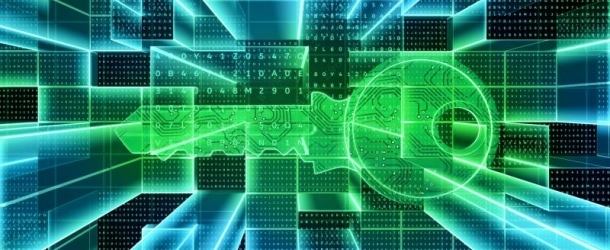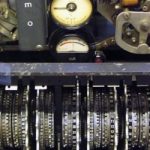Spanish Quantum Security Project Developing QKD that Works With Conventional Telecommunications Tech

(Horizon-Magazine.eu) Quantum computers pose a big threat to the security of modern communications, deciphering cryptographic codes that would take regular computers forever to crack. But drawing on the properties of quantum behaviour could also provide a route to truly secure cryptography.
Practical quantum computers that can be used to break encryption are expected to be years, if not decades, away. But that should not be of any reassurance: even if a hacker cannot decipher confidential information now, they could save it and simply wait until a quantum computer is available.
‘The problem already exists,’ said Professor Valerio Pruneri of the Institute of Photonic Sciences in Barcelona, Spain, and the coordinator of a quantum security project called CiViQ. ‘A hacker can take what is stored now, and break its key at a later date.’
The answer, says Prof. Pruneri, is another quantum technology. Known as quantum key distribution (QKD), it is a set of rules for encrypting information – known as a cryptography protocol – that is almost impossible to crack, even by quantum computers.
Until now, QKD has usually involved specialist technology, such as single-photon detectors and emitters, which are difficult for people outside labs to implement. In the CiViQ project, however, Prof. Pruneri and his team are developing a variant of QKD that works with conventional telecommunications technology.





















